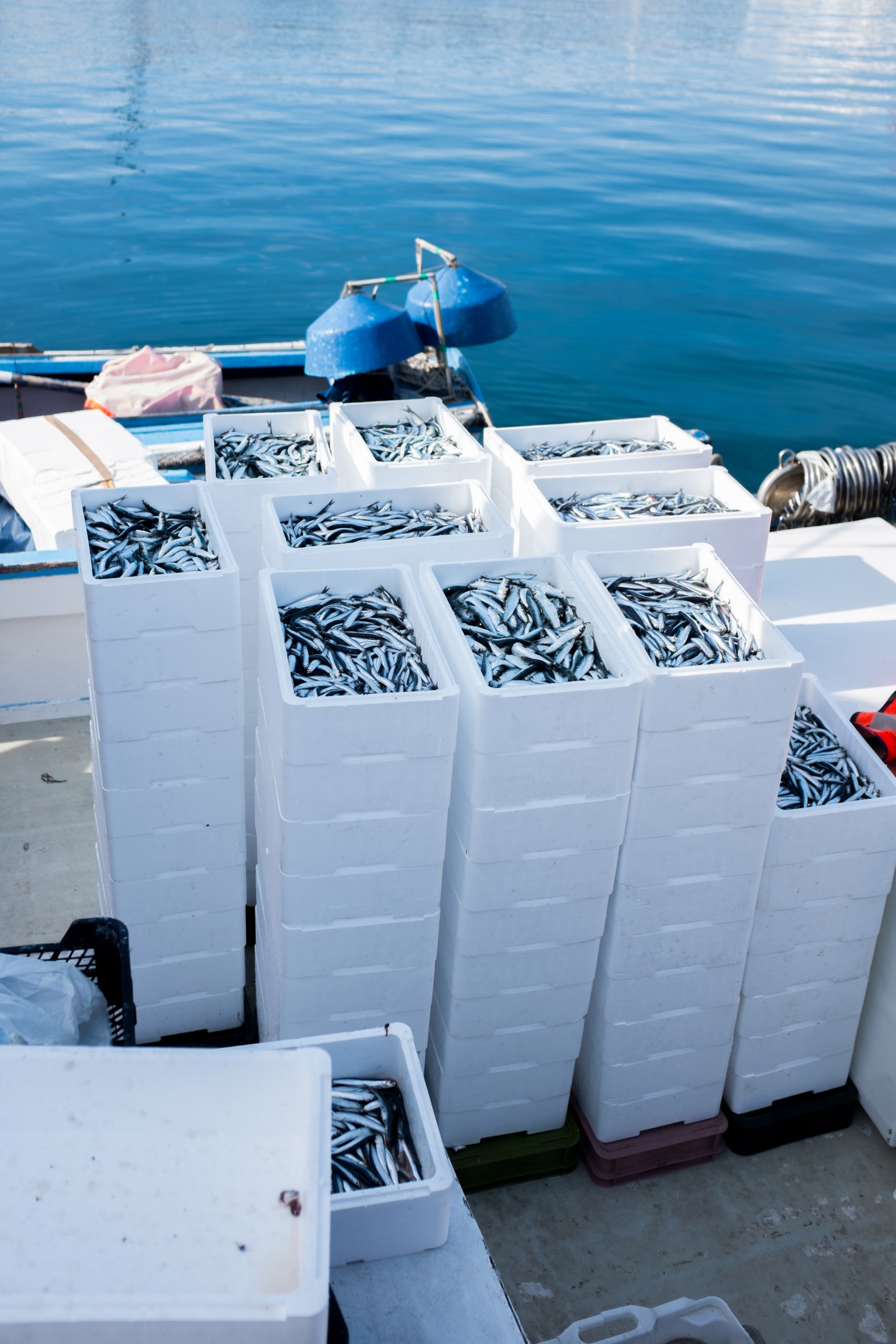Our Ecological Effects on Fisheries work theme seeks to enhance understanding of how surrounding environments affect the productivity of fish stocks – the rate at which they generate biomass – through their reproduction, growth, sexual maturity, and natural mortality through causes such as predation.
In this report, we set out research undertaken to establish baselines for expected productivity of fish stocks under current management strategies. This will inform future work by SEAwise to fine-tune our ability to predict how fish productivity may change in response to environmental and ecological conditions, which will be essential towards implementing Ecosystem Based Fisheries Management (EBFM) in a fast-changing world.

Using several population dynamic models, we analysed a range of fish stocks across SEAwise’s four Case Study regions in terms of their productivity under current management regimes, using metrics including the abundance of young fish, catch, and “spawning stock biomass” (the combined weight of individuals, usually females only, in a stock which are capable of reproducing – abbreviated to SSB).
We specifically wanted to know how long it would take for the SSB to reach a safe biological threshold at which we can be confident that the stock is likely to be sustainable now and into the future. SSB refers to the total weight of all sexually mature fish in a stock, and is a crucial measure of stock health given that such fish are capable of reproducing and therefore helping to sustain the species.
The models delivered predictions for up to the year 2070, revealing that:
This analysis provides a set of baseline projections that will be incorporated into the SEAwise tool, although these may be updated in future if new information becomes available for any of the stocks. The next step will be to produce projections for future changes in fish productivity under different environmental conditions, to allow users of the tool to compare these with baselines.
Read the full report here.
Stay up to date with SEAwise news and research, hear about upcoming events, and receive updates on fisheries news from across the European seascape.